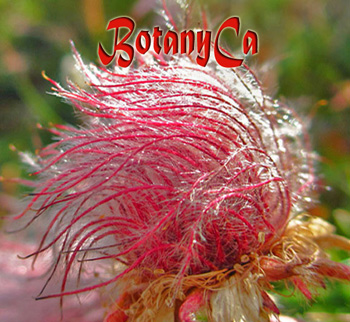Friday’s seeds – Berberidaceae
This Friday I indulge in one of my favourite plant families; say it out loud – Berberidaceae!
It is a large family and here I emphasize of course, the ornamental side of it. Many known and beloved garden perennials (usually for the woodland gardens) belong to this family: Epimediums, Vancouveria, Achlys, Podophyllums, Jeffersonia, Ranzania, Diphylleia and so on. From the woody species, Berberis and Mahonia are widely cultivated.
What else they have in common, seeds speaking and referring to the perennials, is the fact that in most cases, these are hydrophilic (i.e. do not tolerate desiccation) and so for optimum results they need to be sown fresh or kept in moist storage.
The pattern required for germination in most cases is WARM/COLD, sometimes with multiple cycles (see Caulophyllum).
Hover over pictures for names
Two genera, Caulophyllum and Gymnospermium, present another rarely seen feature in Angiosperms, namely that the ovary walls burst open and the seeds develop and ripen in a ‘naked’ state (they look like fruits, but nonetheless are just seeds). Fascinating.
For more please see the newly published Berberidaceae page, the 10th in line!
I know seeds are boring (but how else can we obtain plants?), so here are few plant pictures, mostly to show species I don’t have seeds yet: Vancouveria hexandra, Achlys triphylla, a nice, fat Dysosma and a hybrid Epimedium raised from ‘Amber Queen’ seeds (hybrid). For others like Caulophyllum, Jeffersonia, Podophyllum…I already showed pictures many times and they are also featured in the Seeds shop.

Vancouveria hexandra, garden cultivated; the fruits and seeds are very close with those of Epimedium.

Achlys triphylla, Vanilla leaf (Deer foot) in wild habitat, Victoria Island, BC.

Dysosma versipellis (syn. Podophyllum versipelle) at Butchart Gardens, BC

Epimedium ex. ‘Amber Queen’, a 3-years old plant flowering in my garden (for Epimedium only hybrids will be obtained when growing from seeds)
Only one more picture, more for the purpose to emphasize the name that should be used for Jeffersonia dubia – guilty of charge myself; I’ll try to go the right way from now on.

Plagiorhegma dubium (syn. Jeffersonia dubia)
Additional pictures will be posted later on FB in order to save space here on the website.









Wow, that is some name change! Such a lovely plant though. I am definitely drawn to the achlys, love the leaf shape. Yet again an education.
Yes Gill, Achlys is a plant with character. If you talk about the Jeffersonia – Plagiorhegma name, it wasn’t a change, in fact the second one was the its first name, don’t know why
Jeffersonia started to being used, so it’s more a return to the original :)